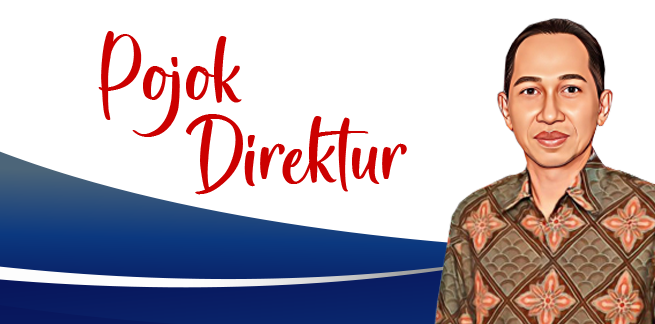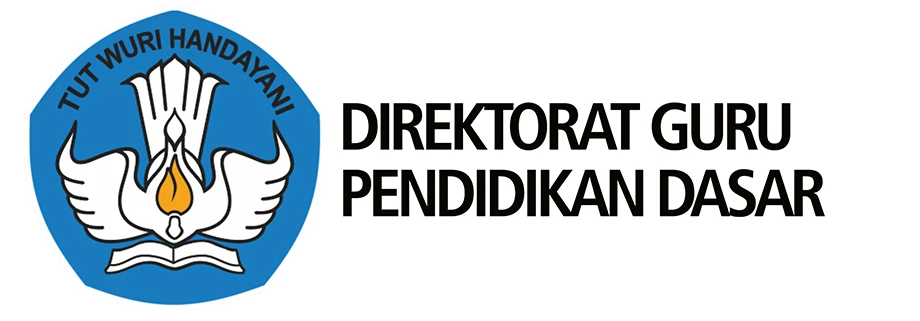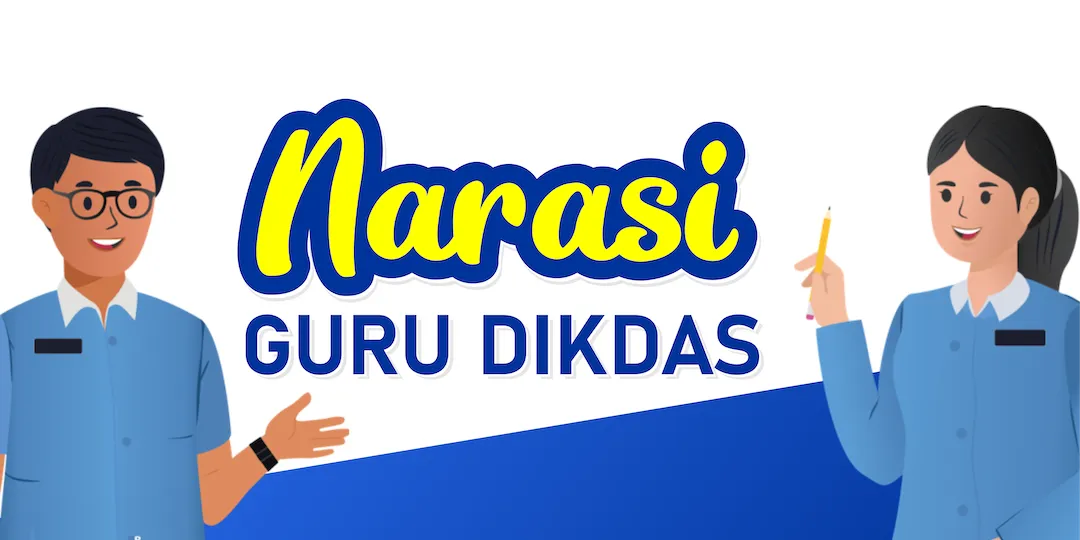Penggunaan Media MBB AR dalam Meningkatkan Kemampuan Literasi dan Karakter Siswa Slow Learner
DOI:
https://doi.org/10.26811/didaktika.v5i3.354Abstract
Each student has different characteristics, so different services are needed in optimizing their potential and minimizing their limitations, one of which is the slow learner. Slow learners are not stupid children, they are only slow in learning because of the obstacles and limitations they have. Slow learner also has potential that can be developed, so that special services are needed in learning, for example with the help of media that is in accordance with the problem at hand. For this reason, the authors are interested in developing media that can facilitate slow learner students at SD Negeri Sen Asen 1. This media development uses the ADDIE model design, namely analysis, design, development, implementation, and evaluation. The result of this development is in the form of MMB AR media based on Augmented reality which can be operated via a smartphone as an effort to facilitate the limitations of slow learner students in understanding whole number material. From the results of the validation, MBB AR media is very feasible to use and in its implementation, MBB AR media is very effective, because it can improve numeracy literacy in whole number material, can greatly improve digital literacy and is very good at increasing the character of self-confidence, discipline, and slow learner student cooperation.
References
Ahmad, S. S., Shaari, M. F., Hashim, R., & Kariminia, S. (2015). Conducive attributes of physical learning environment at preschool level for slow learners. Procedia-Social and Behavioral Sciences, 201, 110-120. doi: 10.1016/j.sbspro.2015.08.138
Amelia, W. (2016). Karakteristik dan Jenis Kesulitan Belajar Anak Slow learner. Jurnal Aisyah: Jurnal Ilmu Kesehatan, 1(2), Hal-53. DOI : https://doi.org/10.30604/jika.v1i2.21
Budhi, R. K. (2019). Making Of Flash Card And Augmented reality-Based Application As A Learning Media For Children With Special Needs. Jurnal Transformatika, 16(2), 135-143. DOI : 10.26623/transformatika.v16i2.923
Firdaus, A. Y. (2017). Pengembangan Perangkat Pembelajaran Ips Berorientasi Karakter Dengan Model Learning Cycle 7e Untuk Meningkatkan Sikap Sosial Siswa Sd Materi Keragaman Suku Dan Budaya. Jurnal Review Pendidikan Dasar: Jurnal Kajian Pendidikan dan Hasil Penelitian, 3(1), 311-319. DOI: http://dx.doi.org/10.26740/jrpd.v3n1.p311-319
Herawati, N. I. (2016). Pendidikan Inklusif. EduHumaniora. Jurnal Pendidikan Dasar Kampus Cibiru, 2(1). DOI: https://doi.org/10.17509/eh.v2i1.2755
Leonardo, O. P., Hardianto, F. E., & Budhi, R. K. (2018, September). Efektifitas Pemanfaatan Aplikasi Berbasis Augmented reality untuk Anak Berkebutuhan Khusus. In Seminar Nasional Pendidikan Teknik Informatika (SENAPATI) (Vol. 9, pp. 20-25).
Mohammad, T. Z., & Mahmoud, A. M. (2014). Clustering of slow learners behavior for discovery of optimal patterns of learning. LITERATURES, 5(11), 102-109. http://citeseerx.ist.psu.edu/viewdoc/download?doi=10.1.1.675.9464&rep=rep1&type=pdf
Palupi, R. A. (2018). Pengembangan media pembelajaran berbasis teknologi augmented reality untuk peserta didik berkesulitan belajar spesifik. Prosiding sntp, 1.
Pribadi, Benny A. (2012). Model Desain Sistem Pembelajaran. Jakarta: Dian Rakyat
Ruhela, R. (2014). The pain of the slow learners. Online International Interdisciplinary Research Journal, 4(4), 193-200. https://citeseerx.ist.psu.edu/viewdoc/download?doi=10.1.1.1067.1527&rep=rep1&type=pdf.
Supriadi, N., & Damayanti, R. (2016). Analisis kemampuan komunikasi matematis siswa lamban belajar dalam menyelesaikan soal bangun datar. Al-Jabar: Jurnal Pendidikan Matematika, 7(1), 1-9. https://doi.org/10.24042/ajpm.v7i1.21
Triyanto, T., & Permatasari, D. R. (2017). Pemenuhan Hak Anak Berkebutuhan Khusus Di Sekolah Inklusi. Sekolah Dasar: Kajian Teori dan Praktik Pendidikan, 25(2), 176-186. DOI: http://dx.doi.org/10.17977/um009v25i22016p176
Walidin, W., Idris, S., & Tabrani ZA. (2015). Metodologi Penelitian Kualitatif & Grounded Theory. Banda Aceh: FTK Ar-Raniry Press.
Published
Issue
Section
License
Copyright (c) 2021 Jurnal Didaktika Pendidikan Dasar

This work is licensed under a Creative Commons Attribution-ShareAlike 4.0 International License.
















